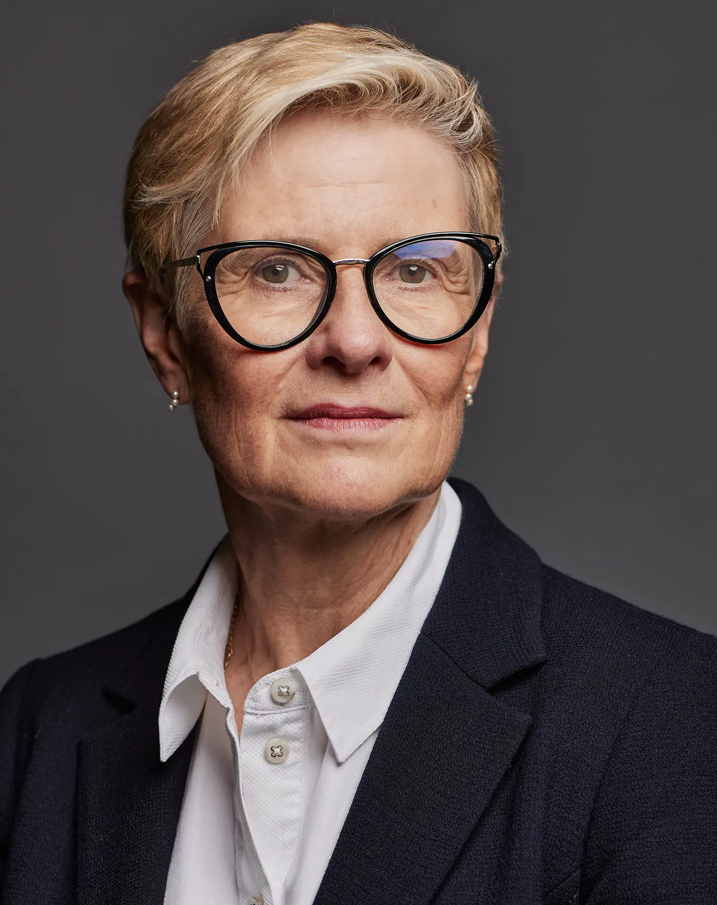Workforce requirements for AI-enabled MRI scanners
In response to a parliamentary question tabled by the Shadow Secretary of State for Health and Social Care, the government quoted NHS figures showing that each upgraded AI-enabled MRI scanner will lead to an additional 3.71 tests per day. Given the additional 100 upgraded MRI scanners proposed at the Spring Budget, this would amount to an additional 130,000 scans each year.
Further analysis carried out by The Royal College of Radiologists shows that these additional scans would take 32,500 hours each year to report on. Our figures suggest that this would require an additional 40.6 consultant clinical radiologists for reporting alone.[i]
The RCR’s 2022 Clinical Radiology Workforce Census highlighted the 29% shortfall of consultant clinical radiologists who report on MRI scans, which is forecast to reach 40% by 2027. This raises considerable concerns that there is not the existing capacity in the workforce to report scans, and therefore that an increase in the number of scans carried out could worsen the already significant backlog in reporting times.
Dr Katharine Halliday, President of The Royal College of Radiologist, said:
“While we welcome anything to speed up patient diagnoses, it's crucial to acknowledge that the root issue lies not in the availability of scanners but in the significant shortage of clinical radiologists. According to the NHS assessment, 100 additional scanners would indeed provide an impressive 130,000 extra scans annually. However, our analysis indicates that reporting these scans would require 32,500 hours each year, necessitating an additional 40.6 clinical radiologist consultants.
“Given the existing 29% shortfall in consultant clinical radiologists, there is a legitimate concern that the current workforce is insufficient to handle this increased volume. This shortage could exacerbate the already considerable backlog in reporting times. Therefore, the Government must prioritise the training and retention of doctors to ensure that the benefits of these technological advancements can be fully realised without further straining the healthcare system.”

[i] Methodology
The RCR’s calculations are based on 15 minutes being the average time needed for each report on an MRI scan. Given the average working patterns of consultant clinical radiologists, who spend half of their time on reporting, we have made a calculation of each clinical radiologist spending 800 hours on reporting - which is based on spending 50% of a 40-hour working week on reporting across 40 weeks per year.
| Per scanner per year | Per 100 scanners per year | |
|---|---|---|
| Additional MRIs taken by AI-enabled, upgraded scanners | 1,300 | 130,000 |
| Minutes to report (at 15 mins each) | 19,500 | 1,950,000 |
| Hours to report (at 15 minutes each) | 325 | 32,500 |
| Additional clinical radiologist consultants needed to report scans (at 800 hours per year) | 0.4 | 40.6 |